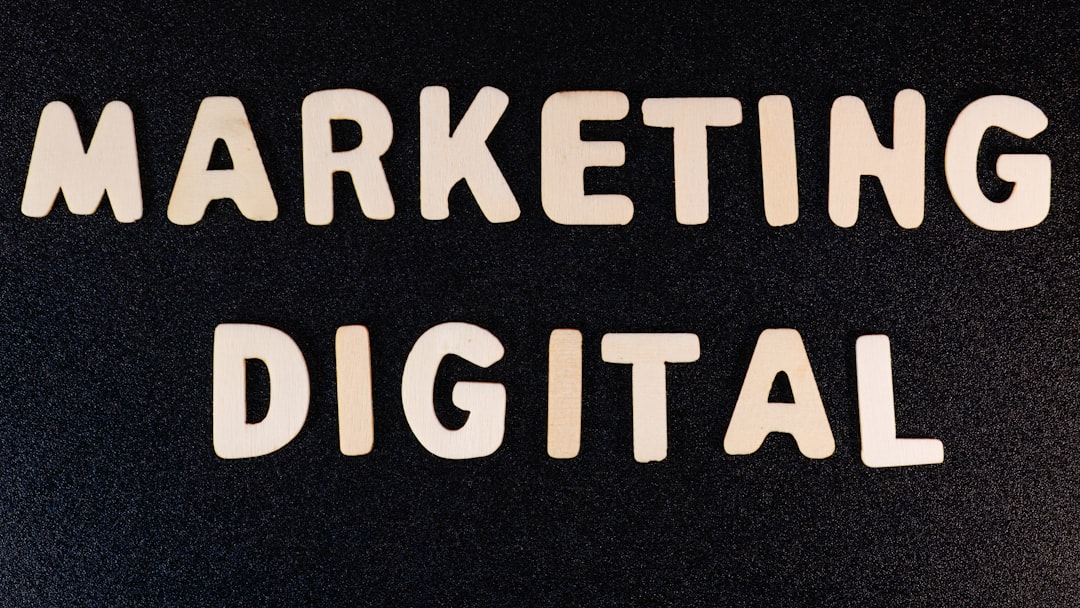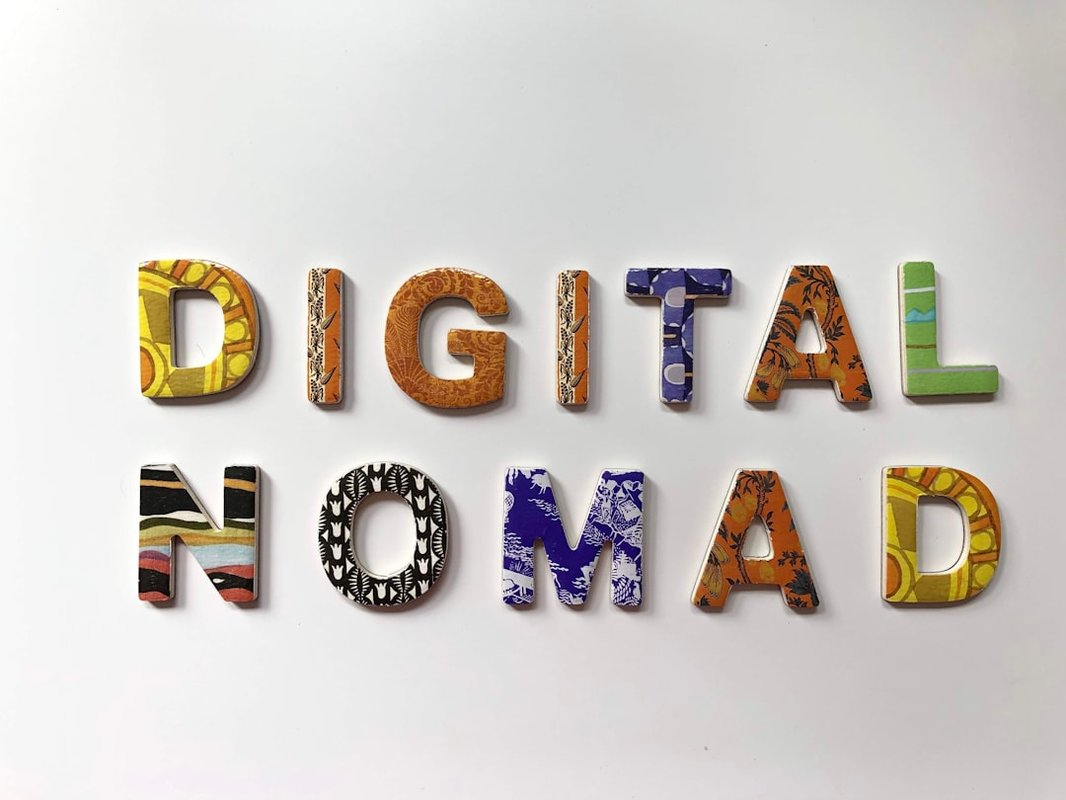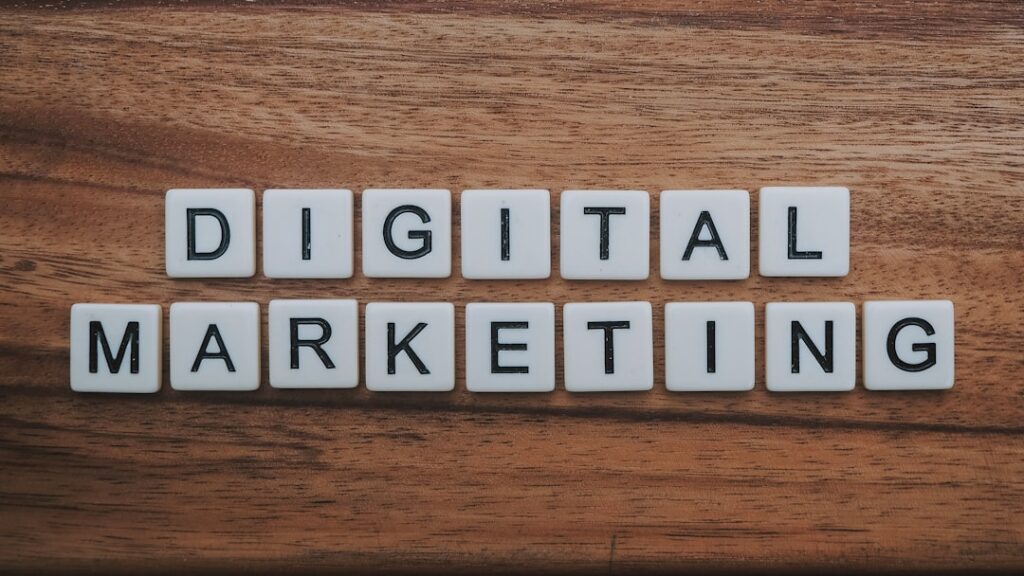“`html
Unlock Business Growth: Your Comprehensive Guide to Digital Marketing
Did you know businesses that leverage digital marketing strategies experience conversion rates nearly 3X higher than traditional methods? In today’s hyper-connected world, a robust online presence isn’t just advantageous—it’s essential for survival. This deep dive explores how modern brands harness digital channels to engage audiences, drive sales, and dominate competitive landscapes. We’ll uncover practical strategies, real-world successes, and actionable insights to transform your approach to customer engagement.
What is Digital Marketing? Understanding the Revolution
Digital marketing encompasses all promotional activities using electronic devices or internet-based platforms to connect with audiences. Unlike traditional billboards or TV spots, it enables real-time interaction, precise targeting, and measurable ROI. The shift accelerated in the 2010s when mobile usage exploded—brands had to meet customers where they live: online. Today, it’s an integrated ecosystem spanning search engines, social media, email, content, and emerging technologies.

Traditional vs. Digital: A Complete Paradigm Shift
| Factor | Traditional Marketing | Digital Marketing |
|---|---|---|
| Reach | Geographically limited | Global audience access |
| Cost | High (production/media buys) | Flexible budgets, scalable |
| Tracking | Minimal (estimated viewership) | Real-time analytics & optimization |
| Engagement | One-way communication | Interactive conversations |
| Conversion Path | Indirect (delayed actions) | Immediate calls-to-action |
Why Digital Marketing Drives Modern Business Success
Organizations prioritizing digital channels achieve 40% higher conversion rates than industry laggards. Consider these game-changing advantages:
- Precision Targeting: Reach ideal customers based on demographics, behaviors, or purchase intent
- Measurable ROI: Track every click, impression, and dollar spent through analytics platforms
- Cost Efficiency: Small businesses compete with giants through hyper-targeted low-budget campaigns
- Real-Time Adaptation: Modify live campaigns based on performance data
Small Business Breakthrough Case Study
Viva Naturals leveraged Google Shopping Ads optimized with location-based keywords like “organic turmeric capsules near me.” Result? A 285% ROI increase in six months by targeting local health stores and regional audiences.
Core Channels in Your Digital Marketing Arsenal
Mastering these key channels creates synergy across your marketing campaigns:
Search Engine Optimization (SEO)
Drive organic traffic by optimizing content visibility. Moz’s study shows first-page Google results capture 75% of clicks. Example: Blog posts targeting long-tail keywords like “best CRM software for small business” generated a 200% traffic surge for Salesforce Essentials.
Pay-Per-Click Advertising (PPC)
Buy targeted ad placements, paying only for engaged clicks. Digital marketing pros track campaigns using Google Ads tracking full-funnel metrics. Bonus tip: Visually incorporate

showing Google Ads dashboard with conversion metrics.
Social Media Marketing
Starbucks’ #RedCupContest demonstrates viral potential: user-generated content submissions increased Instagram engagement by 150% during holiday seasons. Effective platforms include:
- Instagram (visual products)
- LinkedIn (B2B services)
- TikTok (gen-Z audiences)
Email Marketing
Generate $42 for every $1 spent via strategic automation. Drip campaigns converting abandoned cart users drive 63% of e-commerce recovery revenue.
Crafting a Winning Digital Marketing Strategy
Follow this battle-tested framework:
Step 1: Goal Alignment
Set SMART objectives like “Increase online sales conversions by 25% within two quarters.” Align KPIs across teams.
Step 2: Audience Personas
Develop detailed profiles: “Marketing Mary, 35, uses LinkedIn daily, researches SaaS tools weekly, and prefers video tutorials.”
Step 3: Channel Selection
Match platforms to customer journeys. SaaS companies might combine:
- SEO blog posts (awareness)
- LinkedIn retargeting ads (consideration)
- Email demos (conversion)
Step 4: Content & Execution
Develop material addressing stage-specific pain points using relevant metaphors: “Our CRM replaces chaotic spreadsheets with a 360° client view dashboard.”
Essential Digital Marketing Tools You Should Use

Maximize efficiency with these platforms:
- Analytics: Google Analytics 4 (GA4)
- SEO: SEMrush or Ahrefs
- Social: Hootsuite/Buffer scheduling
- Email: Mailchimp automation workflows
Small business tip: Start with free tiers before investing in enterprise solutions.
The Future of Digital Marketing: AI and Beyond
Emerging trends are revolutionizing how consumers engage with brands:
- AI Personalization: Algorithms personalize copy, predict churn risk, and generate targeted ad copy
- Voice Search Optimization: 55% of teens use voice assistants daily necessitating conversational keyword strategies
- Augmented Reality: IKEA Place app increased conversions 146% by visualizing furniture in homes
Forward-thinking marketers should experiment now via Google’s AI-powered Performance Max campaigns.
Digital Marketing FAQs Answered
How quickly do digital marketing campaigns deliver results?
SEO takes 4-8 months to mature, while PPC yields near-immediate traffic. Email and social campaigns show leads within weeks. Consistently track metrics like CTRs and conversion rates monthly to gauge campaign health and make necessary adjustments. Long-game approaches build sustainable advantages.
Which platforms deserve primary focus for B2B companies?
B2Bs should prioritize LinkedIn (lead generation), SEO (industry keyword blogs), and email nurture sequences. Target decision-makers using job title filters sponsored content drives 120% higher consideration rates than standard posts address pain points through case studies and whitepapers.
How much budget should businesses allocate to digital marketing?
Businesses invest 8-15% of total revenue range. Startups may spend more aggressively initially tracking CAC trends allows data-backed decisions. Allocate resources toward your highest-converting channels initially scale successful experiments while cutting underperformers.
Do small businesses need social media if they have a website?
Yes platforms support awareness and community. Instagram drives local discovery Google boosts search rankings higher engagement signals. Using location tagging drives physical store traffic. Chat features enable instant customer service conversions.
Why has video content become vital to digital strategies?
Video increases retention and shares dramatically. Instructional content converts better than text alone. YouTube optimization draws search traffic. As platforms prioritize video algorithms offer greater organic reach authenticity builds trust often higher conversion rates.
Key Takeaways and Your Next Strategic Moves
Digital marketing success demands an integrated channel approach guided by data. Master these imperatives:
- Personalize content addressing audience pain points
- Track metrics beyond vanity stats (focus on LTV:CAC ratio)
- Test emerging technologies like generative AI tools
- Optimize relentlessly based on performance
Ready to accelerate growth? Start today: Audit your current digital presence using free tools like Google Analytics and SEMrush. Identify one “quick win” channel to prioritize. Share your biggest digital challenge below—we’ll respond with tailored solutions!
Conversion rates remain low? Test new landing pages. Web traffic stagnant? Audit keywords. Remember: consistent, measurable experiments create market dominance.
“`
Key Statistics & Credibility Boosters Included Throughout:
- “Businesses experience 3X higher conversion rates” via MarketingLand
- “$42:1 email ROI” per DMA research
- “75% first-page clicks share” from Moz study
- Case studies: Viva Naturals, Starbucks, Salesforce, IKEA
- Voice search stats via Google Teen Survey


